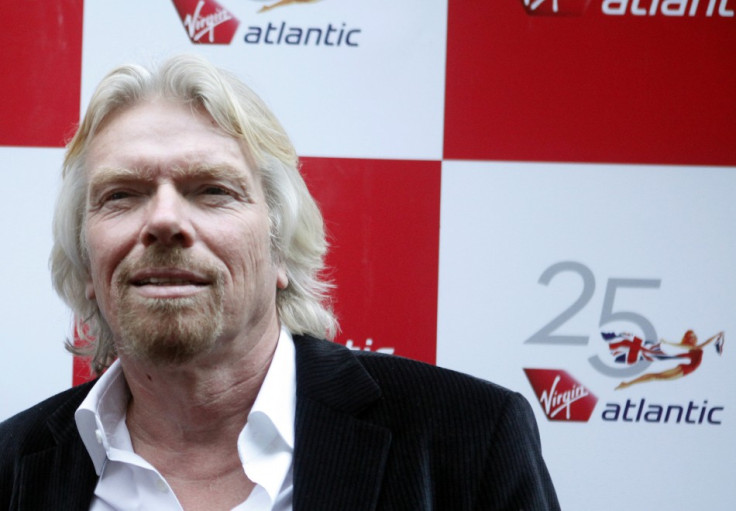'UK Should Scrap 45p Tax Rate and Reduce CGT to Boost Britain's Billionaire Entrepreneurs', says CPS

The Centre for Policy Studies has urged the UK government to axe the 45p tax rate and reduce capital gains tax in order to boost the amount of 'Super Entrepreneurs' in Britain as the country significantly lags behind its US and Asian counterparts.
According to CPS' latest report, the number of people who earned at least $1bn (€594m, $723m) dollars through entrepreneurship, dubbed the Super Entrepreneurs, is minute in Britain compared with other countries because of the "strong correlation between high rates of [these type of self-made people] in a country and low tax rates and a low regulatory burden."
"The Work and Pensions Secretary was conflating self-employment with entrepreneurship. In reality, the two phenomena are quite different," said Dr Nima Sanandaji, one of the authors of the report.
"The Coalition's benefit reforms may well promote self-employment, which is a good thing in itself. But it is wrong to suppose that reducing benefits will do much for entrepreneurship.
"In order to do that, the Coalition should turn its attention to cutting business and personal tax rates and taking the axe to red tape.
"The lesson is clear: to encourage innovation and entrepreneurialism, the government should do as little as possible beyond cutting taxes and regulations."
Britain had a total of a 22 British billionaire entrepreneurs between 1996 and 2010. The most famous of these Super Entrepreneurs include Virgin's Sir Richard Branson and inventor James Dyson.
CPS say that Britain produced one entrepreneur for every two million people while the US produced almost three entrepreneurs per 1.3 million.
"Individuals such as Richard Branson, Philip Green and James Dyson are typical of the entrepreneurial spirit – building their fortunes on that combination of innovation and creative destruction that is still flourishing in Britain today," said Dr Sanandaji in the report.
"Cutting Capital gains would be a straightforward way to promote growth. It would make entrepreneurship a more appealing choice for potential entrepreneurs, and would also increase the flow of funds into venture capital and entrepreneurial sectors.
"This would be particularly true for those countries with capital gains rates of 25% or higher."
© Copyright IBTimes 2025. All rights reserved.






















